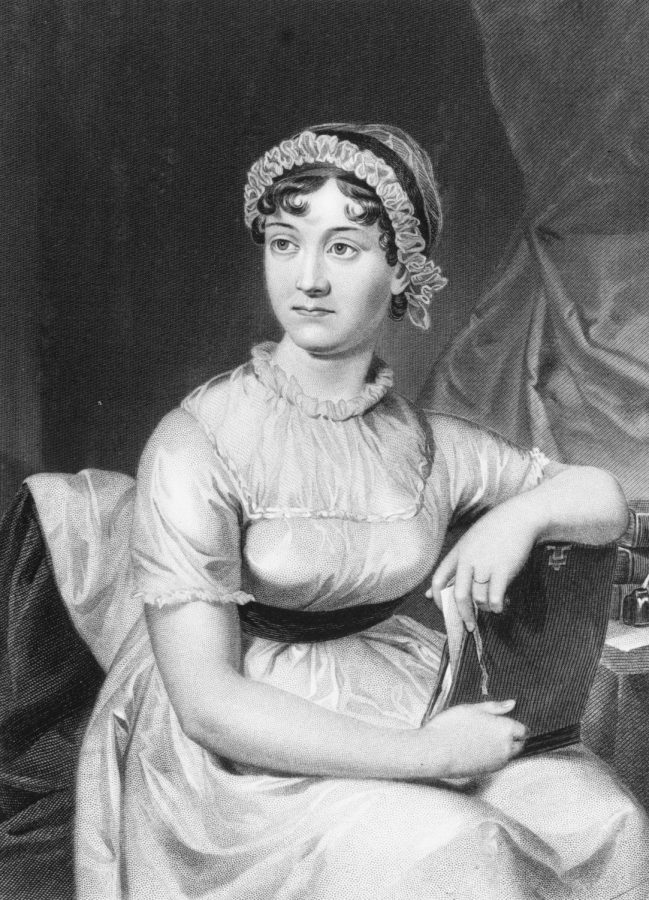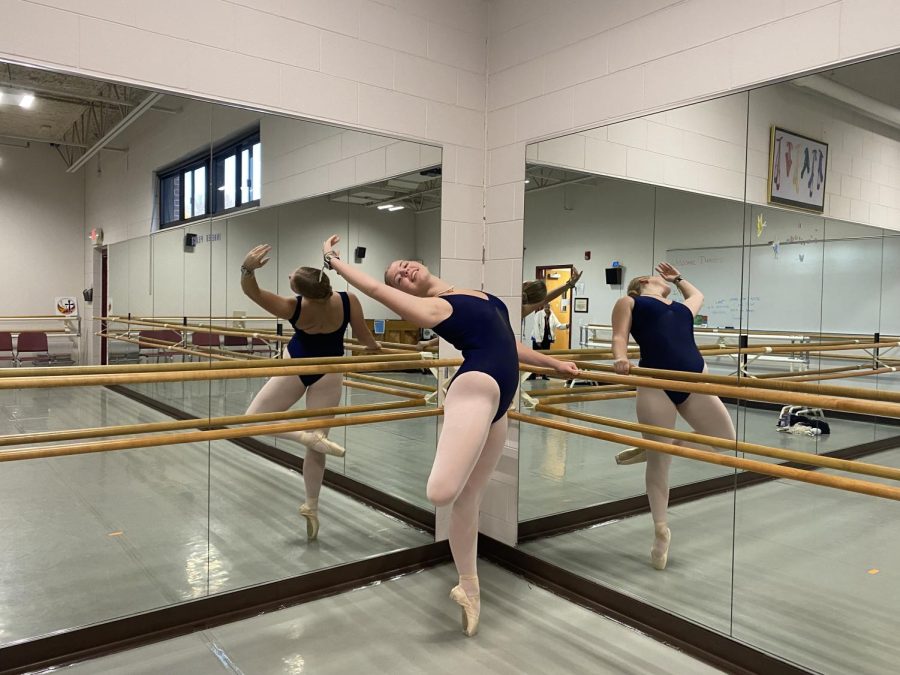Though William Shakespeare is believed to have been the inventor of the Romantic Comedy, Jane Austen made females take center stage in these stories, casting a feminist light on the situation. Shakespeare’s play, “The Taming of the Shrew,” inspired the hit movie Ten Things I Hate About You. In the film, Kat and Bianca are sisters; Bianca wants a boyfriend, and Kat doesn’t. Bianca can’t date unless Kat is dating someone too. So, the boy Bianca wants to date makes it his personal mission to find Kat a boyfriend, Patrick, and pays him. As one can presume, romance (and betrayal) follows.
In the movie, Kat is portrayed as a very strong female character, but that’s not necessarily viewed as a good thing in the late 90’s society. Kat is “the shrew” who needs a man to tame her. Many today consider it a sexist cinematic work because of its stereotypes that box women into, the presence of slut shaming, and the idea that women, if independent, need to be changed and “tamed.”
Now contrasting a Shakespeare-inspired work with a Jane Austen one, is the movie Clueless. Inspired by Jane Austen’s Emma, main protagonist Cher Horowitz tackles the challenges that any teen girl could possibly encounter in the city of Beverly Hills, California. Up until the 90s girls who were cast in movies or shows were oftentimes sexualized, and viewed as objects/ pretty things to look at visually, rather than someone who possesses talent. They were portrayed as “airheads”, fashionable, and boy-crazy females, who need a man to satisfy them. Changing gears into the ’90s marked a pivotal point in changing this when Clueless was released. Cher was funny, witty, and fashionable. She wasn’t necessarily book smart, but she was people smart. She didn’t need a man or a boy to satisfy her, in fact, they would need to meet her expectations– something unheard of in previous movies!
Jane Austen was all for promoting feminism and independence. She was of the firm belief that a woman does not need a man to succeed in life. However, Shakespeare, as exemplified through other works such as “Macbeth,” did not believe this. In “Macbeth,” Lady Macbeth is not given a first name. She relies on her husband to provide for her, and she has an evident lack of respect. Even in “Romeo and Juliet,” Juliet must rely on Romeo to provide for her, and when she finds Romeo dead, she must then kill herself too; she can’t live without a man who she loved. Realistically, she couldn’t live without him because she had no money after leaving her wealthy family. Jane Austen never placed women in this position in her novels. She always offered a strong female character, who was the protagonist of each book. In Pride and Prejudice, Elizabeth had the courage to refuse Darcy’s proposal the first time, and even though she ultimately did marry Darcy, it was because she decided and chose to do so. She was not burdened with financial issues that only a man could fix, nor was she of the belief that she needed a man to satisfy her.
Though Shakespeare is considered the founder of the romantic comedy, it was Jane Austen who invented the feminist romantic comedy. She placed strong women at the forefront of her works, something that had never been done before.
Citations:
1. Kalia, Saumya. “Can’t Let Go: Of the Nuanced Depictions of Flawed Feminism in ’10 Things I Hate about You,’ despite Its Sexist Plot.” The Swaddle, 17 July 2021, theswaddle.com/cant-let-go-of-the-nuanced-depictions-of-flawed-feminism-in-10-things-i-hate-about-you-despite-its-sexist-plot/.
2. Salah, Jaylan. “’Clueless’ Broke down Barriers and Paved the Way for Today’s Comedies.” Cinema Femme, 22 Nov. 2020, cinemafemme.com/2019/12/17/clueless-broke-down-barriers-and-paved-the-way-for-todays-comedies/.








